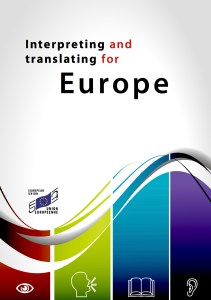
The Law Foundation of Ontario funds an excellent website which covers family law, consumer law, criminal law, education law, employment and work, environmental law, health and disability, housing law, human rights, immigration and refugee law, the legal system, social assistance and pensions, and wills and estates.
Although the content is specific to Ontario, Canada, it contents a wealth of legal information, links and an archive of legal education webinars that can be freely accessed.
In my opinion, it could be really useful both for translators and for lawyers whose native language is not English.
Here is a direct link to the webinar section of the site.
http://yourlegalrights.on.ca/training-archive
 Today I am delighted and honoured to welcome Professor James Archibald for his insights into a burning current issue in Québec, Canada.
Today I am delighted and honoured to welcome Professor James Archibald for his insights into a burning current issue in Québec, Canada.







You must be logged in to post a comment.